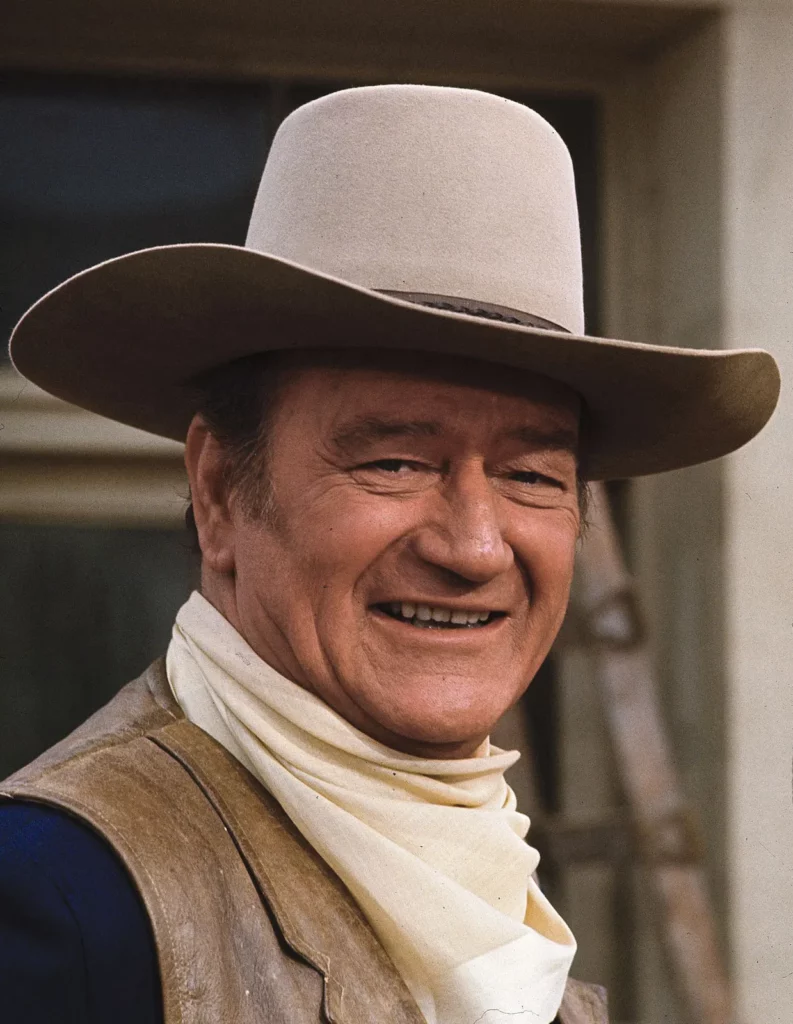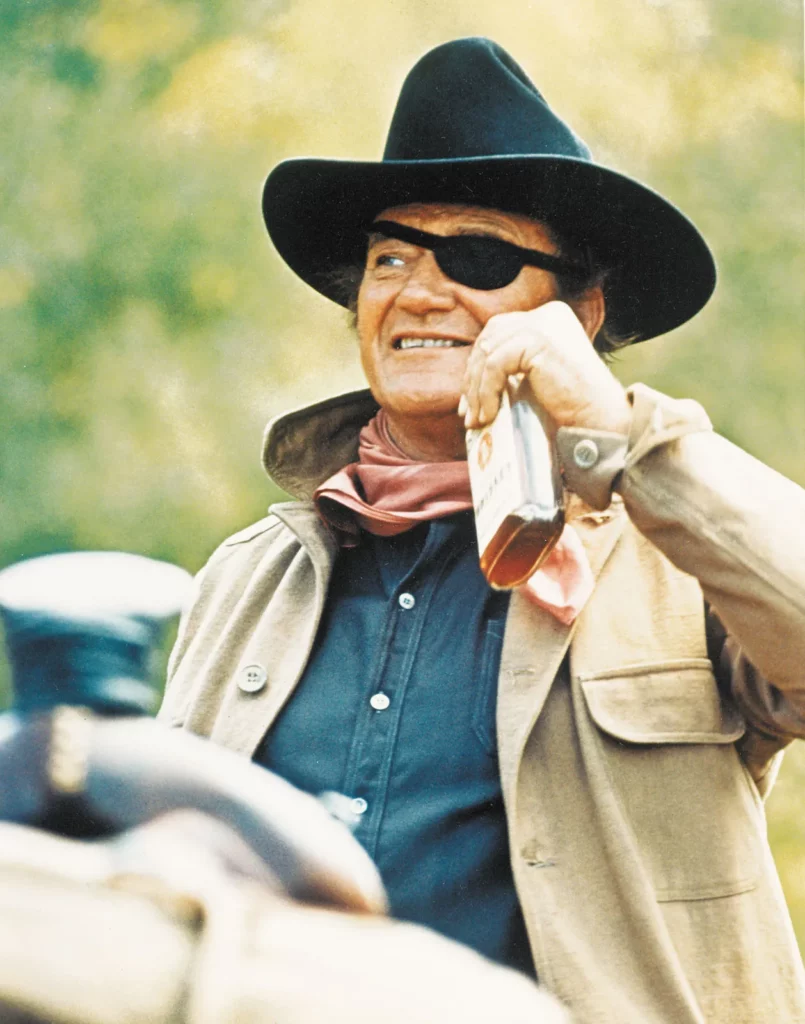Sometimes, it is not about breaking boundaries but finding a way to make them work for you.
John Wayne, an excellent movie star, had a profound impact on the entertainment industry. Wayne was well known for his tough masculinity and patriotic character, which made him the model for an American hero in movies.

However, Wayne battled typecasting in Western films before he was a Hollywood legend. And even though he was interested in trying out various roles and genres, it felt that the Western genre was where he fit best.
In 1930, “The Big Trail,” a Western film, launched Wayne’s career but failed commercially. Then he secured a deal with Columbia Pictures, which resulted in a succession of unsatisfying B pictures.
The actor performed as singin’ Sandy Saunders, which made him feel uncomfortable. But his mentor, director John Ford, offered him an opportunity to shine in the ensemble film “Stagecoach,” which launched his career to new heights in 1939.
Wayne still aspired to play varied characters despite his fame, but it seemed that the Western subgenre remained his specialty. He confided in Harry Carey, a fellow actor, and his wife Olive about his dissatisfaction with being typecast.
In a 1973 interview with The New York Times, he recalled: “Once I was working in a movie with Harry Carey and his wife, Olive, and was complaining about being typed. ‘Duke,’ Ollie said, ‘look at Harry over there—would you like to see Harry Carey play any other way? ‘Of course not,’ I said.”

“‘Well,’ Ollie said, ‘the American public doesn’t want to see you any other way, either. So wake up, Duke! Be what they want you to be,’” he added. “See… I’m not against Women’s. Lib. Ollie gave me some real good advice.”
After his wife knocked some sense in him, Wayne embraced his typecasting and, using his ability, became a symbol of American nationalism and manhood on the big screen. He worked with renowned directors like Ford, Howard Hawks, and Henry Hathaway to create masterpieces, including “The Searchers,” “Red River,” and “True Grit.”
However, Wayne played roles outside of the Western subgenre, including in military films like “Sands of Iwo Jima,“ where he was nominated for an Oscar, “The Green Berets,“ and in romantic films comedies like “The Quiet Man.“ He also took home the trophy for “True Grit,“ showcasing his acting range.
The Western genre clearly shaped his career, yet he showed the talent to create a captivating persona for the big screen. His experience serves as a reminder to all of us that, sometimes, accepting and thriving on our limits is the key to success.

